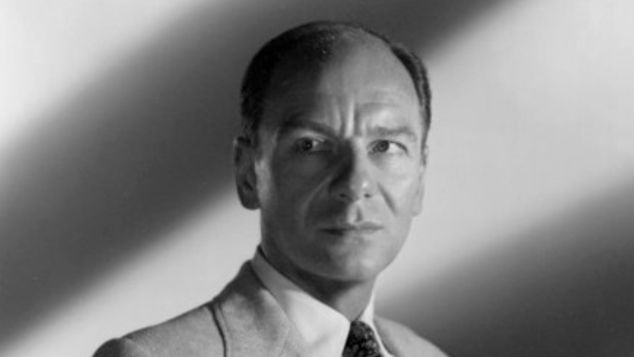Newly revealed documents show that the British government was nervous about giving a knighthood to acting legend Sir John Gielgud because they were aware he was gay.
UK paper The Mail on Sunday has documented that civil servants looked into the actor’s love lift when he was put forward for an knighthood in the early 1950s. At the time homosexuality was still illegal in the United Kingdom.
Gielgud was notoriously private about his personal life and never publicly acknowledged his sexuality. He quietly donated funds to LGBTI rights groups, and lived with his partner Martin Hensler for four decades. In his latter years he said to the actor Simon Callow, “I do admire people like you and Ian McKellen for coming out, but I can’t be doing with that myself.”

The newly released documents show that bureaucrats in Whitehall discussed the actor’s sexuality with one comparing him to ballet dancer Anton Dolin.
“He is more discreet than Dolin but all the same notorious.” – one wrote in official documents.
The actor, who died in 2000 at the age of 96, was knighted in 1053 in the Queen’s New Year’s Honours. Just months later he was arrested for cruising for sex in a public toilet in Chelsea, West London.
He feared it would end his career.
At the time Gielgud was set to appear in a new play A Day By the Sea which was opening in Liverpool. On opening night the actor was reportedly overcome with fear at the prospect of going on stage following the incident being reported in the press. His co-star Dame Sybil Thorndike took him by the hand a walked on stage with him, to everyone’s surprise he received applause and a standing ovation. The incident showed that the British public’s attitudes to homosexuality were changing.
As the 1950s and 60s progressed Gielgud found further success with a new wave of avant-garde playwrights, and he appeared in new works from Alan Bennett, Peter Shaffer and Terrence Rattigan.
As he entered his later years his film work really took off as he appeared in Murder on the Orient Express, The Elephant Man, Plenty, Caligula, Gandhi, Chariots of Fire and many other films. In 1981 he won the Best Supporting Actor award the Academy Awards for his role as the butler Hobson in the film Arthur.
Further acclaim came for his TV miniseries Brideshead Revisited and his lead role in Peter Greenaway’s Prospero’s Books. His final feature film appearance was in 1998 playing Pope Pius V in Shekjar Kapur’s film Elizabeth.
The released papers also show that Gielgud was considered for a life peerage in 1990.
OIP Staff
You can support our work by subscribing to our Patreon
or contributing to our GoFundMe campaign.




